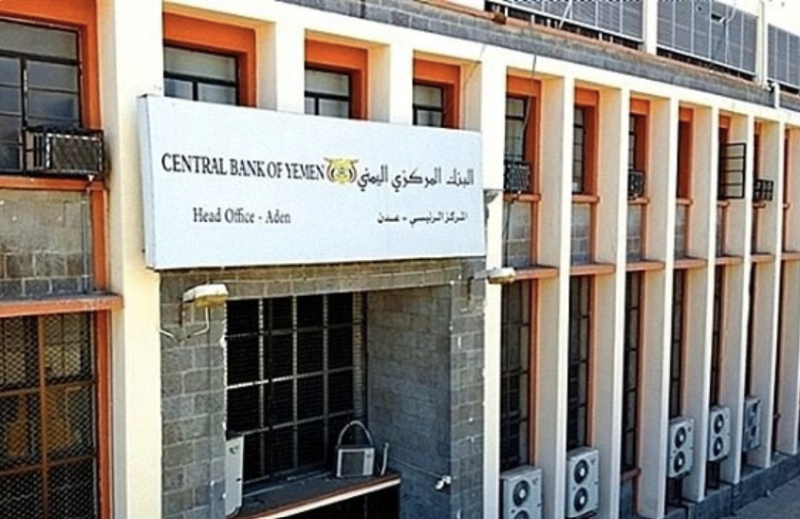World Bank Approves $150 Mn for Better Health, Nutrition in Yemen


The World Bank's Board of Executive Directors has approved an International Development Association (IDA) grant amounting to $150 million as a Second Additional Financing (AF2) for the Yemen Emergency Human Capital Project (YEHCP).
The financing is set to continue delivering essential health, nutrition, water supply, sanitation, and hygiene (WASH) services while strengthening the country's systems throughout the embattled nation.
The Bank highlighted that a series of catastrophic events, such as the COVID-19 pandemic, measles outbreaks, a cholera epidemic, a locust invasion, and flooding, coupled with escalating food prices, food insecurity, and fragmented delivery of services have adversely affected the country's systems to respond to basic needs.
- Four Key Areas
The project focuses on four main areas: improving healthcare and nutrition services at primary healthcare centers and hospitals, enhancing water supply and sanitation services, strengthening local systems, and providing comprehensive project support and management.
The additional financing aims to bolster institutional capacity and strengthen the health, water, and sanitation system's ability to improve coverage and quality of essential services and resilience against cyclical infectious disease outbreaks.
A vital aspect of this enhancement includes bolstering surveillance, enhancing early detection services, and reinforcing the expertise of healthcare professionals.
The additional financing will also support the country's health information management system to collect quality data for health policy and service delivery.
According to the World Bank's data, As of March 31, 2023, 8.4 million beneficiaries had been served by the project, exceeding its initial target.
The health and nutrition program alone has helped over 4.49 million women and over three million children, with sustained, high coverage of critical maternal and child health services offered at over 2,000 health facilities.
Furthermore, water supply and sanitation measures have provided over 450,000 individuals, 48.5 percent of whom were women and girls, with improved access.
However, based on the latest Integrated Food Security Phase Classification (IPC), 17 million people still face acute food insecurity.
Acute malnutrition plagues two million children and 1.3 million pregnant and lactating women. It is a fight against time and deteriorating human conditions.
World Bank Country Manager for Yemen Tania Meyer emphasized the race against time and the deteriorating humanitarian conditions, voicing concerns over the alarming decline of human capital in Yemen.
"In 2023 alone, nearly 21.6 million people, which is roughly three-quarters of the population and includes a staggering 12.9 million children, are in dire need of assistance," she said.
"With this additional financing, we will remain laser-focused on preserving essential health, nutrition, and WASH services while enhancing local systems for delivery. It is imperative that partners continue to collaborate and innovate with scale and urgency to support the country."
The World Bank's country-wide program for Yemen has reached $3.9 billion in IDA grants since 2016.
In addition to funding, the World Bank provides technical expertise to design projects and guide their implementation by building solid partnerships with UN agencies and local institutions with working capacity on the ground.

Aden — The United States Ambassador to Yemen underscored the critical importance of safeguarding the independence of the Central Bank of Yeme…

Sana’a – A new international report has confirmed that Houthi militias continue to escalate economic measures against the commercial se…

Aden — For three decades prior to the outbreak of war, Yemen’s oil and natural gas sector played a decisive role in shaping the country…